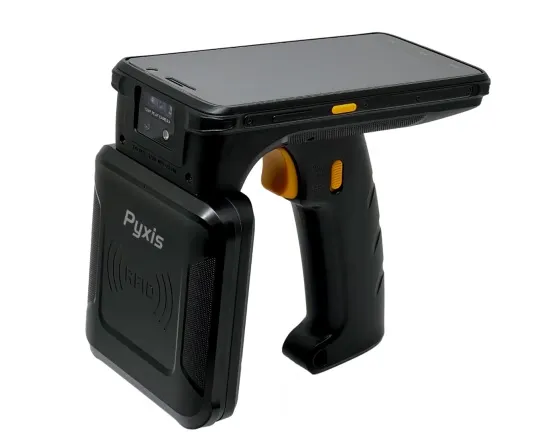Star-RFID, a Thailand-based RFID tag manufacturer and RFID hardware provider Star Systems International, have launched their new Star Venus windshield RFID tag designed specifically for automatic vehicle identification applications such as e-tolling, electronic vehicle registration, parking, secure access, and fleet management. The tag is designed and tuned to work while attached to a vehicle's windshield and constructed to provide reliable reading for years, even in extreme weather and driving environments
July 19, 2013
Read time: 2 mins
Star-RFID, a Thailand-based RFID tag manufacturer and RFID hardware provider 7422 Star Systems International, have launched their new Star Venus windshield RFID tag designed specifically for automatic vehicle identification applications such as e-tolling, electronic vehicle registration, parking, secure access, and fleet management.
The tag is designed and tuned to work while attached to a vehicle's windshield and constructed to provide reliable reading for years, even in extreme weather and driving environments, along with high levels of security and tamper resistance.
According to Robert Karr, Managing Director of Star Systems International, "One of the big barriers in e-tolling applications has been the ability to get large portions of the population to participate. Previously, the high cost of on-board-units (OBUs) has deterred widespread user adoption. With the rapid improvements in passive RFID technology in recent years, a battery-free, sticker-type tag has become affordable for everyone. Such windshield mounted tags can be read consistently on vehicles driving at high speeds and in harsh environments."
The tag is designed and tuned to work while attached to a vehicle's windshield and constructed to provide reliable reading for years, even in extreme weather and driving environments, along with high levels of security and tamper resistance.
According to Robert Karr, Managing Director of Star Systems International, "One of the big barriers in e-tolling applications has been the ability to get large portions of the population to participate. Previously, the high cost of on-board-units (OBUs) has deterred widespread user adoption. With the rapid improvements in passive RFID technology in recent years, a battery-free, sticker-type tag has become affordable for everyone. Such windshield mounted tags can be read consistently on vehicles driving at high speeds and in harsh environments."










